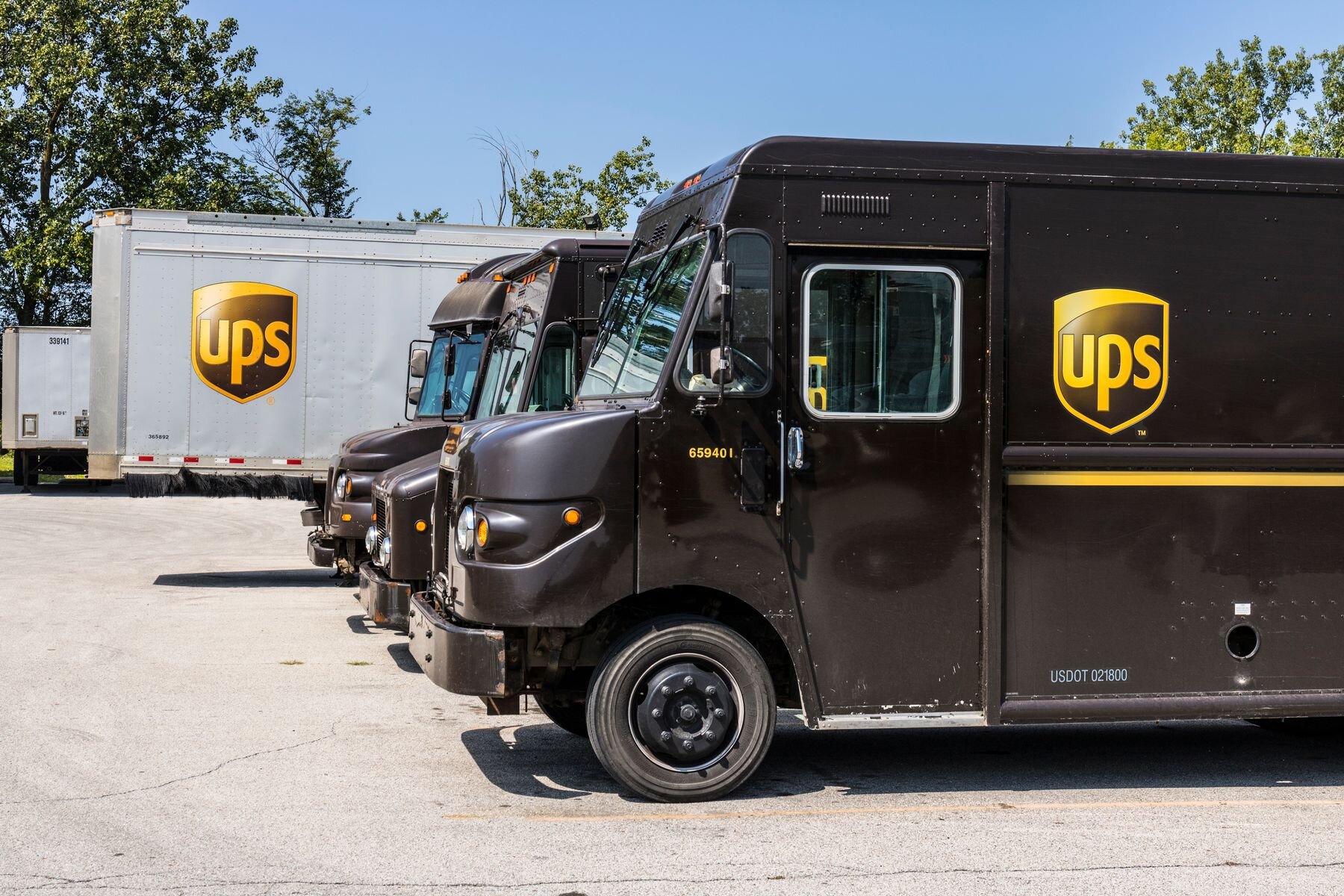Did General Atomics’ Wage Statements Violate Wage Statement Requirements?
/In the General Atomics v. Superior Court case, the layout of the defendant’s wage statements are questioned in connection with mandatory wage statement requirements.
The Case: General Atomics v. Superior Court
The Court: California Court of Appeal
The Case No.: D07821l
The Plaintiff: General Atomics v. Superior Court
Plaintiff Tracy Green filed suit against General Atomics alleging that the company failed to provide accurate, itemized wage statements in accordance with employment law requirements (in violation of Labor Code section 226(a)(9)).
The Defendant: General Atomics v. Superior Court
The defendant in the case is General Atomics. The company issued wage statements that included entries for regular rate of pay and overtime pay. The entries for regular rate hours and pay included all hours worked by an employee during the pay period, including overtime hours. The wage statements also identified the number of overtime hours, and calculated pay at a rate of 0.5 times the employee’s regular rate.
The Case: General Atomics v. Superior Court
The plaintiff in General Atomics v. Superior Court claims that the defendant failed to identify an accurate rate of pay for overtime wages. According to the plaintiff, the company showed .5 times the regular rate of pay instead of the required 1.5. The plaintiff did not claim that the employer incorrectly calculated overtime pay or that they failed to pay the accurate amount of pay. The Defendant moved for summary adjudication, arguing that their wage statements were compliant because they showed the applicable hourly rates; standard contractual hourly rate and overtime rate, as well as the hours worked at each rate. General Atomics’ motion was denied in trial court. The defendant responded by challenging the trial court’s order by petition for writ of mandate. The California Court of Appeal granted the petition for writ of mandate, so the trial court vacated the order and entered an order granting General Atomics’ summary adjudication motion. The court found that due to the complexities of determining overtime compensation in various contexts, the format used by the defendant was acceptable, and that format appropriately conveyed the information required by Section 226 and allowed employees to determine using simple math whether they were paid at an accurate rate.
If you need to discuss violations of California state law or if you need to file a California class action lawsuit, please get in touch with Blumenthal Nordrehaug Bhowmik DeBlouw LLP. Experienced employment law attorneys are ready to assist you in any one of various law firm offices located in San Diego, San Francisco, Sacramento, Los Angeles, Riverside, and Chicago.










